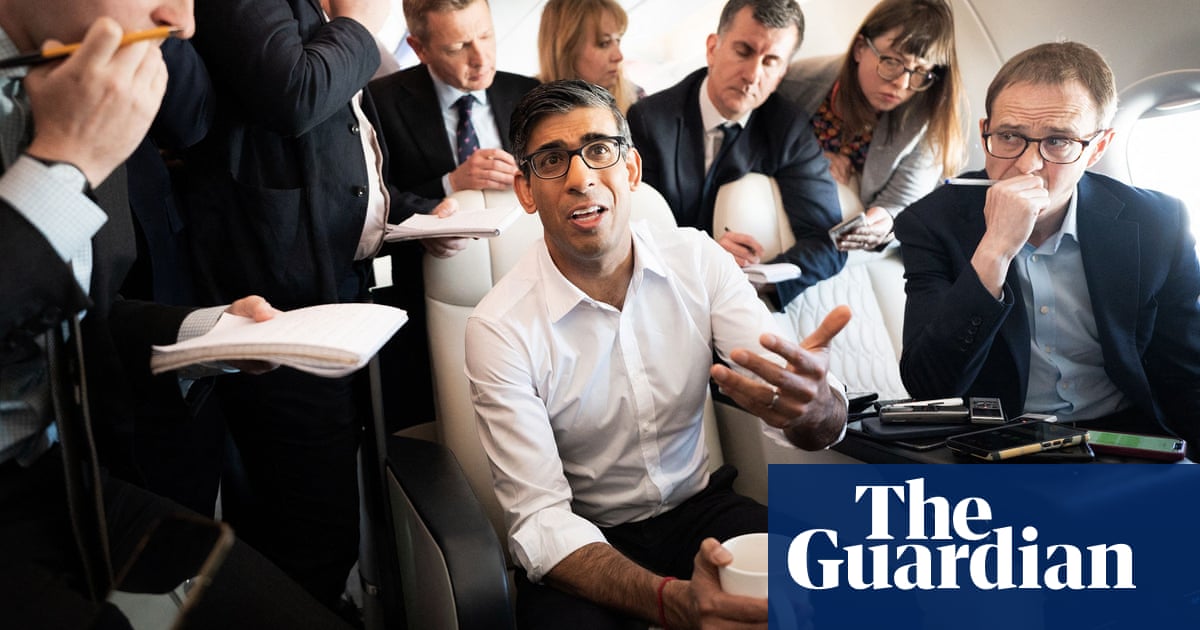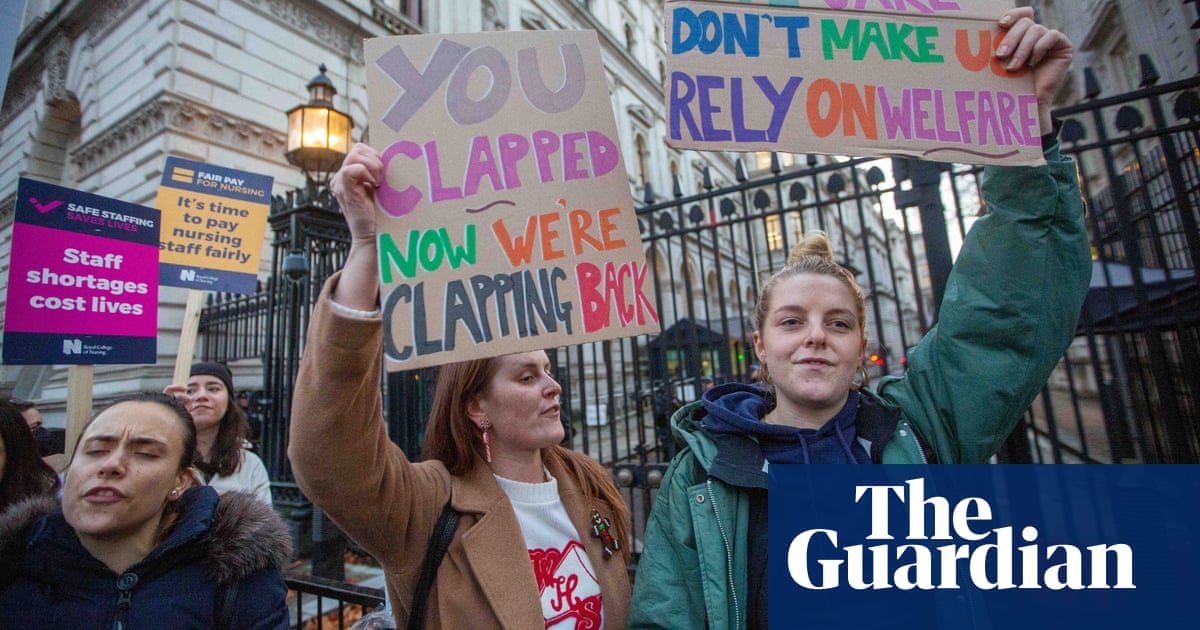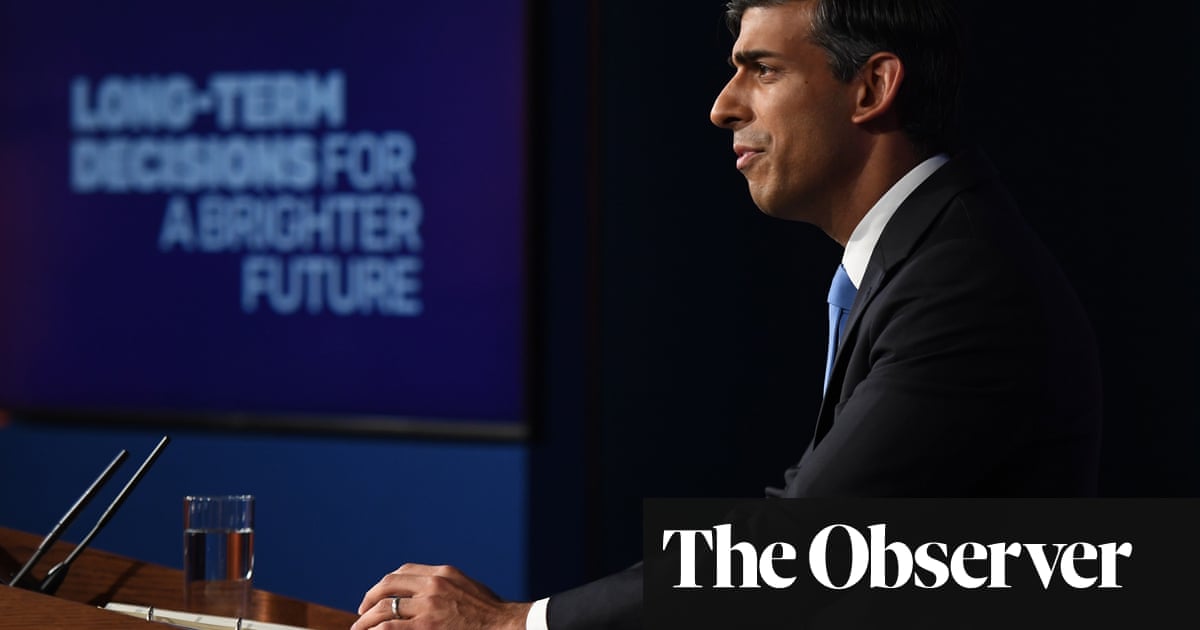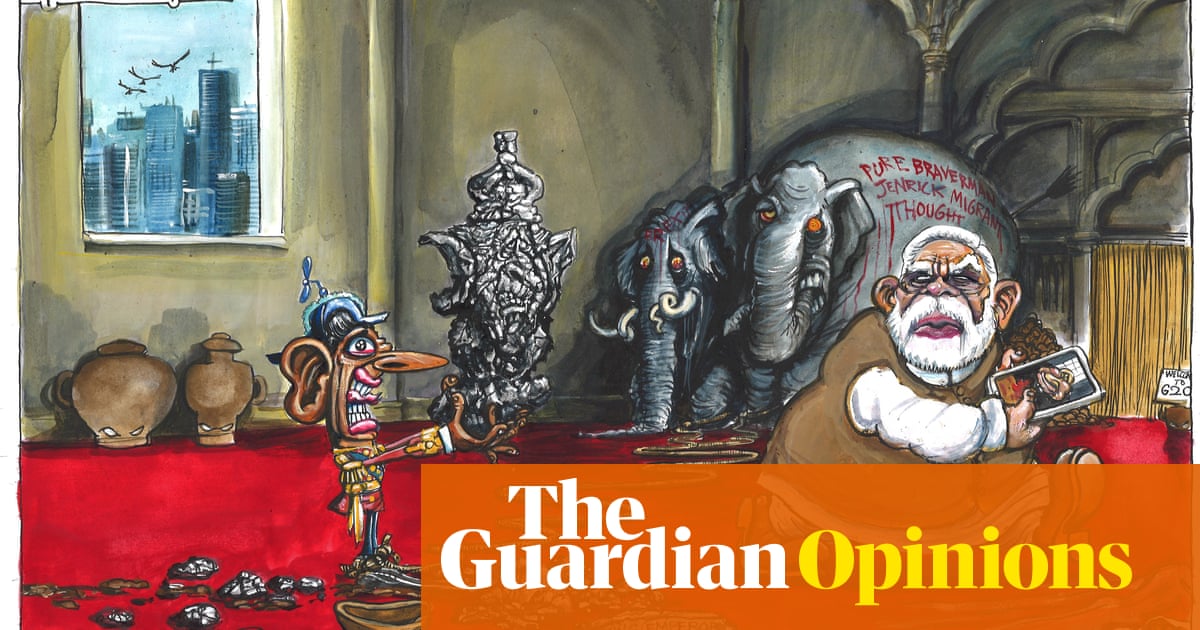
ishi Sunak is now the most important person in the Conservative government, Boris Johnson included. This is quite an achievement for someone who has only been chancellor of the exchequer for five months. It reflects, in large part, the lack of competition from one of the least weighty cabinets of modern times. But it also reflects the severe damage that Johnson has done to himself during the Covid-19 pandemic.
Sunak has emerged as hard-headed, clear-spoken and on top of his brief. Thus far, he has proved himself equal to events. The contrast with Johnson on all levels is increasingly stark. Unlike the prime minister, Sunak does not bluster, bully, thump the table or make things up. Talk of Sunak as the next party leader is common, though this also reflects the low level of most of the alternatives.
Sunak’s value to the Tory party is political as well as economic. No chancellor in memory, not even Alistair Darling after the 2008 financial crash, has faced the demands that the Covid-19 pandemic has imposed on Sunak. Today was his fourth major economic statement to parliament. Already a fifth looms in the shape of the autumn budget. Poor Sajid Javid, whom Sunak replaced, never had the chance to make a single one.
Yet Sunak has not had to withstand the kind of criticism and anger during the crisis that has continually faced Johnson, his guru Dominic Cummings, or the health secretary, Matt Hancock. Most of what Sunak has done during the pandemic has been widely supported. Critics of his furlough scheme want it to go on for longer, not to be changed.
The chancellor owes a lot of this to luck. While uncertain health policies have aroused national and international controversy, the economic response benefits from a remarkable new consensus: almost every advanced economy has had to do something very similar. British government claims to have been uniquely responsive to the crisis are wide of the mark.
The latest mini-budget went with the grain of earlier interventions. Most of its measures had been well-trailed, including the job guarantee scheme for 16- to 24-year-olds, the stamp duty cut, and the 15-point VAT cut for the hospitality sector. Of the two Sunak had kept up his sleeve, one is substantial, the other more eye-catching. The job retention bonus is a big-ticket incentive to employers not to cut jobs in panic as the furlough scheme ends; the eating-out discount for August is more of a gimmick. All seem likely to be popular with the public and are not opposed by significant political players.
But this is a watershed moment in the crisis all the same. The furlough scheme and the parallel measures for the self-employed and for benefit claimants are to be wound down over the coming months. In spite of today’s measures, unemployment is set to rise to levels that only those aged over 50 can recall. As a result, the mood of fortitude and endurance that Sunak hymned in his peroration is about to be seriously stress-tested.
Sunak was careful not to give too many hints about the future. No chancellor would want to put his popularity at risk by too many dark warnings of the difficulties ahead. But the economy, on Sunak’s own admission, has contracted by 25%. A deep global recession is underway. A jobs crisis is coming. The old pledge to do “whatever it takes” was quietly replaced today by one to do “all we can”. It is not the same thing.
The long-term question for Sunak and his party is what kind of economy they are trying to create during this unprecedented time. His statement gave a hint about the need to return to sustainable public finances, but different sides of the Tory party can read different things into that. There was no strategic vision. The idea that there can be no going back to the old economic normal, on which much has been written, was ignored. There was almost nothing said at all about fiscal rules or about tax and borrowing. There was only a quiet admission that many of the jobs that existed before the pandemic have gone for good.
It will be harder to conceal the strategy in the autumn at the budget and the new spending round. Yet there is no disguising that the Tory party faces a serious potential divide about its medium- and long-term economic policy. Johnson and Cummings think the priority must be to secure the support of the voters in what they now call the “blue wall”. Those voters are much more likely to favour continuing government intervention in both capital and current spending. But the Tory backbenches are full of people who prefer a low-tax, light regulatory regime and small-state ideas. They dislike the scale of the recovery package.
Where Sunak stands on this is not yet clear. He plays his cards close to his chest. By background and inclination he is a Thatcherite small-state, free-market politician. His style and language are centrist. But he was made chancellor by a prime minister who demanded control of economic policy in order to spend more.
At some point, Sunak is going to have to make his choice. The stronger his political position, the sooner that moment will be and the more the choice can be on his own terms. And right now, Sunak’s position could hardly be stronger.
• Martin Kettle is a Guardian columnist












